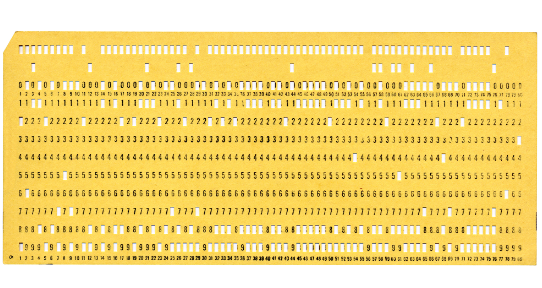No, but eg, Chromium has a BSD 3 license, that means simplified do what you fucking want with it at your own risk, exept if you want to put the original Chromium author on your shabby fork or derivated products, you need a permission to do it. Even Gecko has a more restrictive license (MIT, also very liberal but need copyright mencion if you use it)
Zerush
i know, because off this I named what is FOSS and what is OSS. But even FOSS, when it include APIs, also FOSS, from Big Brothers, it isn't really FOSS, it's only because the traditional definition, same for "Open" Source as such. This is because I said that the traditional definition need a revision.
Amazing world news and studies, surely their neurons have herniated to reach this conclusion after 50 Years, WOW.
The other day I found this, using an very old inbuild command line tool in Windows, Mac and Unix: finger
Write for Example
finger zerush@happynetbox.com
in the command line
All from Google Code (Chromium, Chromium OS, Android, irbase, etc....) and alot of third parties which include APIs from Google, Facebook and the other mencioned. Well, as FOSS you can all of these gut and fork, but if not, the are not more private and secure as any other proprietary soft. You can take a look also on the over 6200 Microsoft Open Source repositories in GitHub (also from MS), eg Docker, LinuxTracepoints, Live-share.....
https://github.com/orgs/microsoft/repositories?type=all
Or in the Open Source repositories from Zuckerbot (eg. React)
Also Amazon
https://aws.amazon.com/en/opensource/
Most trustworth those from the NASA, but most very specific apps. Maybe Worldwind as alternative to Google Earth.
We all know that companies like Adobe, Amazon, Google, Zuckerbot products and M$ are everything, but trustworthy when it comes to security and privacy. But too many times FOSS is confused with being reliable, secure and private, which is profoundly false, especially in recent years, since precisely the aforementioned companies got massively into the world of OpenSource, injecting and controlling many FOSS products with their APIs.
The big evil today is called surveillance advertising, that is, selling user data to advertising companies and others, to create income, which is not only an invasive privacy problem, but also a serious security problem as it is not controllable how these data, often sensitive, are processed and protected.
Especially in products from the US, where privacy regulation is practically non-existent and which require an urgent review in this regard, irrelevant if it is FOSS or proprietary soft. It also requires a revision of the definition of OpenSource, where products that send data to third parties and large companies are not really Open Source, other than in an evil sense..
In my testament I'll share my GOG account data and password in all social networks and Wikipedia with a hand with extended middle finger out of the grave.
In my young years the computers still worked with this and Pong was a sensation.








Not until now, I discovered it only some days ago. I think it's an interesting methode to send Messages ocassionaly, but not so practically in the daily use.